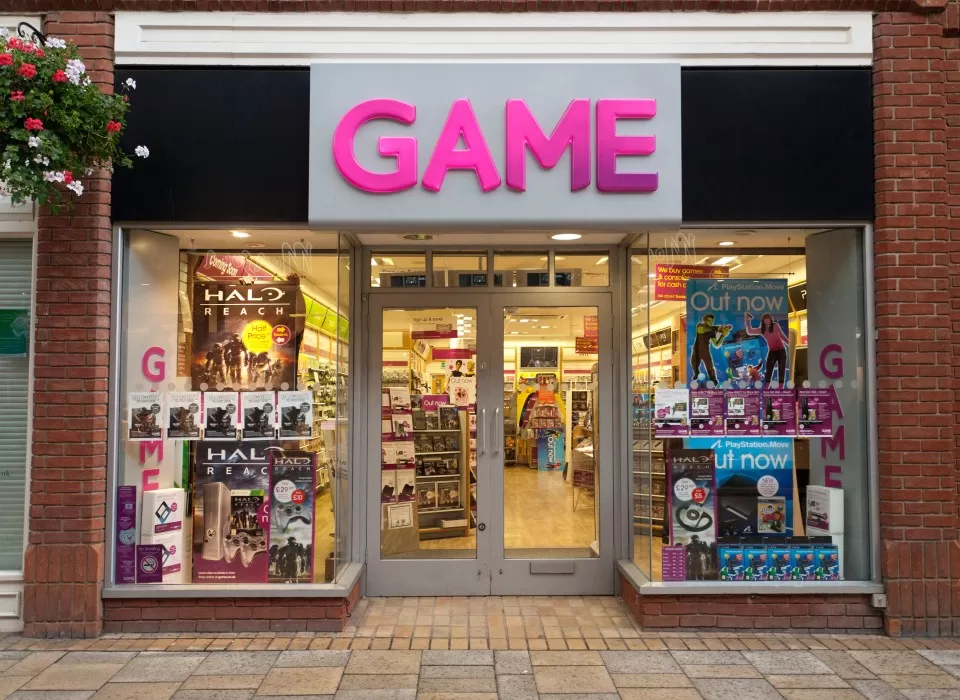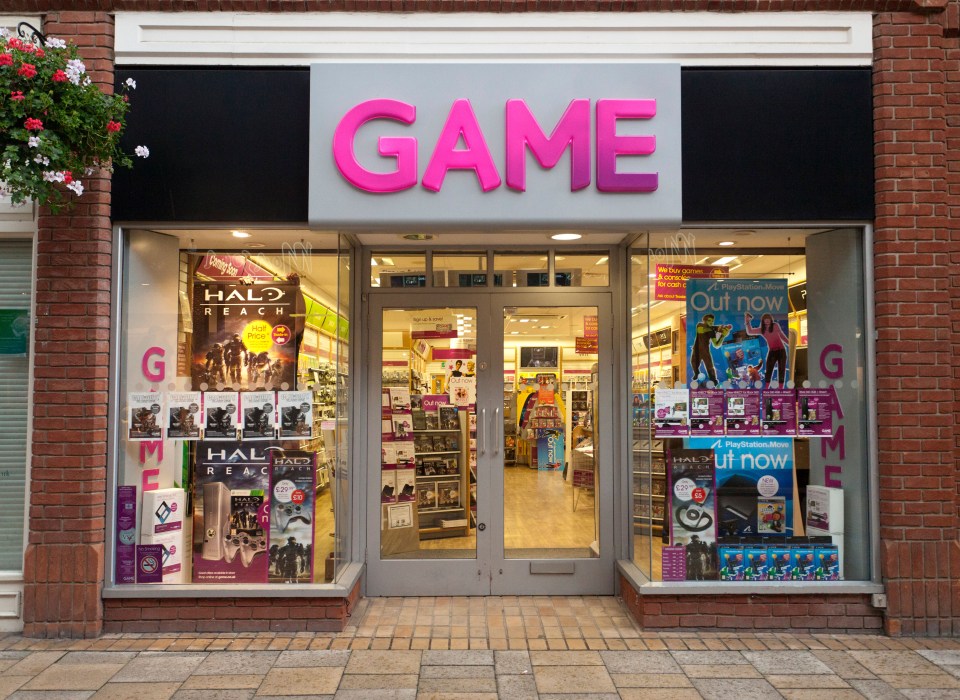SHOPPERS have been left devastated as a major high street retailer gears up to close one of its branches.
GAME is shutting its store in The Broadway Shopping Centre, Bradford, and has launched a closing down sale.
It is not clear the exact date the branch will close.
A spokesperson for The Broadway told The Telegraph and Argus: “We can confirm that Game will be closing and we will be announcing new fashion and beauty retailers in the coming weeks.”
Shoppers have been left fuming after finding out the store, which sells everything from consoles to video games and PC accessories, will close down permanently.
“Yet another one closes,” one said on Facebook.
Read more on Store Closures
Another commented: “Bradford is going to be a ghost town.”
Another added: “RIP Bradford.”
The latest GAME closure comes after the retailer, operated by the Frasers Group, shut a number of other branches across the UK.
Almost a dozen GAME branches have closed in England and Wales since last October.
A branch in Nuneaton, Warwickshire, shuttered in November, a store in Witney, Oxfordshire, in January and one in Plymouth, Devon the following month.
A number of other retailers have shut up shop in Bradford in recent months too.
Outdoor clothing chain Trespass launched a closing down sale at its branch in The Broadway Shopping Centre last month.
Meanwhile, posh food and clothing retailer M&S shut a branch in the same shopping centre in May.
Flannels, also run by Frasers Group, closed its branch in Bradford in December despite opening just three months before.
Game was bought out by billionaire businessman Mike Ashley’s Frasers Group in 2019 as part of a £52million deal.
But by January 2020 it had announced plans to close 40 of its more than 300 stores across the UK.
As of today, there are roughly 240 Game stores nationwide.
It comes as sales of physical video games have fallen majorly since Game’s peak in the early 2000s.
Digital sales accounted for almost nine out of every 10 video games sold in the UK in 2022, according to trade body the Digital Entertainment and Retail Association (ERA), reported the BBC.
RETAIL CLOSURES ACROSS THE UK
A number of retailers are struggling across the UK after the cost of living crisis hit shoppers’ pockets.
High inflation in 2022 and 2023 and wage bills for retailers also forced many to close stores for good.
Wilko fell into administration last year as its 400 stores and thousands of staff were left in limbo.
Ted Baker, Cath Kidston and Paperchase have all filed for administration in recent years too.
This week, major fashion chain Next warned of possible store closures after losing a landmark legal case over equal pay.
Some retailers have managed to buck the trend and expand their number of stores across the UK.
Aldi, B&M and Lidl have all announced plans to open more stores in recent months as shoppers look for bargain buys to make their budgets stretch.
Why are retailers closing shops?
EMPTY shops have become an eyesore on many British high streets and are often symbolic of a town centre’s decline.
The Sun’s business editor Ashley Armstrong explains why so many retailers are shutting their doors.
In many cases, retailers are shutting stores because they are no longer the money-makers they once were because of the rise of online shopping.
Falling store sales and rising staff costs have made it even more expensive for shops to stay open. In some cases, retailers are shutting a store and reopening a new shop at the other end of a high street to reflect how a town has changed.
The problem is that when a big shop closes, footfall falls across the local high street, which puts more shops at risk of closing.
Retail parks are increasingly popular with shoppers, who want to be able to get easy, free parking at a time when local councils have hiked parking charges in towns.
Many retailers including Next and Marks & Spencer have been shutting stores on the high street and taking bigger stores in better-performing retail parks instead.
Boss Stuart Machin recently said that when it relocated a tired store in Chesterfield to a new big store in a retail park half a mile away, its sales in the area rose by 103 per cent.
In some cases, stores have been shut when a retailer goes bust, as in the case of Wilko, Debenhams Topshop, Dorothy Perkins and Paperchase to name a few.
What’s increasingly common is when a chain goes bust a rival retailer or private equity firm snaps up the intellectual property rights so they can own the brand and sell it online.
They may go on to open a handful of stores if there is customer demand, but there are rarely ever as many stores or in the same places.
Do you have a money problem that needs sorting? Get in touch by emailing [email protected].
Plus, you can join our Sun Money Chats and Tips Facebook group to share your tips and stories

